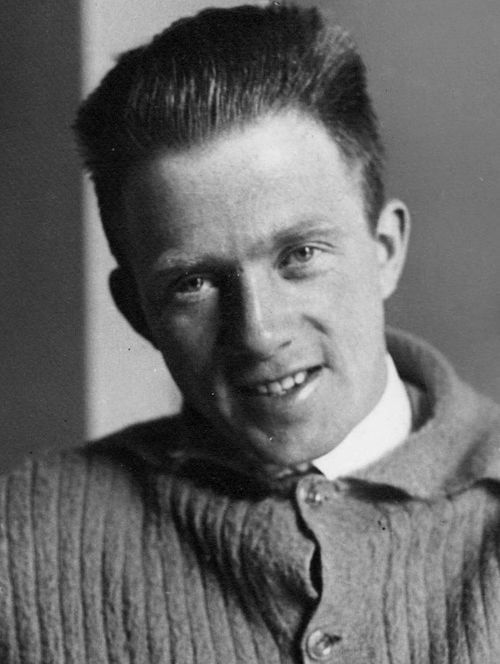
Photo Attribution: Friedrich Hund, CC BY 3.0 https://creativecommons.org/licenses/by/3.0, via Wikimedia Commons
Werner Heisenberg
This example has been viewed 916x times
Summary
Rodden Rating
Analysis for Werner Heisenberg
Biography
Werner Karl Heisenberg (pronounced [ˈvɛʁnɐ kaʁl ˈhaɪzn̩bɛʁk] (listen); 5 December 1901 – 1 February 1976)[2] was a German theoretical physicist and one of the main pioneers of the theory of quantum mechanics. He published his work in 1925 in a major breakthrough paper. In the subsequent series of papers with Max Born and Pascual Jordan, during the same year, his matrix formulation of quantum mechanics was substantially elaborated. He is known for the uncertainty principle, which he published in 1927. Heisenberg was awarded the 1932 Nobel Prize in Physics "for the creation of quantum mechanics".[3][a]
Heisenberg also made contributions to the theories of the hydrodynamics of turbulent flows, the atomic nucleus, ferromagnetism, cosmic rays, and subatomic particles. He was a principal scientist in the German nuclear weapons program during World War II. He was also instrumental in planning the first West German nuclear reactor at Karlsruhe, together with a research reactor in Munich, in 1957.
Following World War II, he was appointed director of the Kaiser Wilhelm Institute for Physics, which soon thereafter was renamed the Max Planck Institute for Physics. He was director of the institute until it was moved to Munich in 1958. He then became director of the Max Planck Institute for Physics and Astrophysics from 1960 to 1970.
Heisenberg was also president of the German Research Council,[4] chairman of the Commission for Atomic Physics, chairman of the Nuclear Physics Working Group, and president of the Alexander von Humboldt Foundation.[1]
Source: https://en.wikipedia.org/wiki/Werner_Heisenberg
Raw Data
Horoscope Data
Comments
Natal Data
1901-12-05 16:45:00 LMT
49° 47′ 28.7″ N 9° 57′ 12.1″ E
Würzburg, Germany
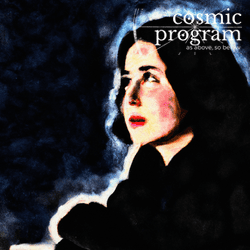

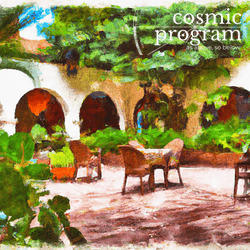

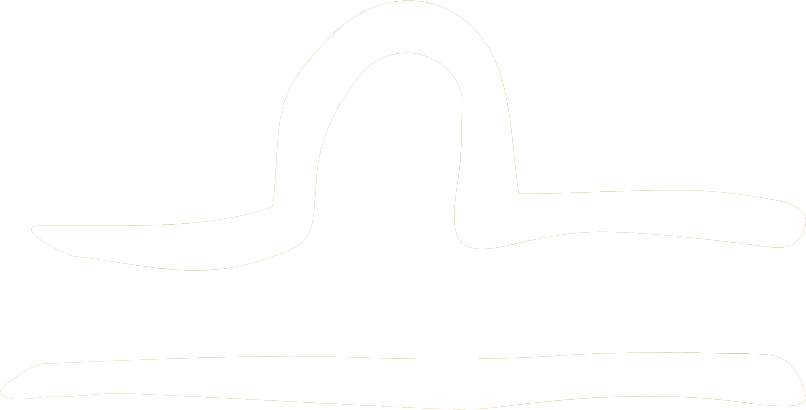
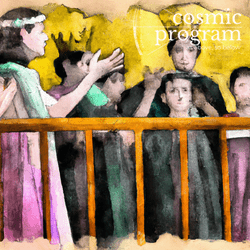





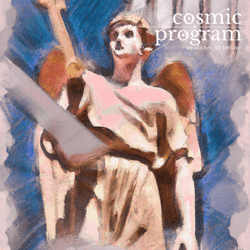





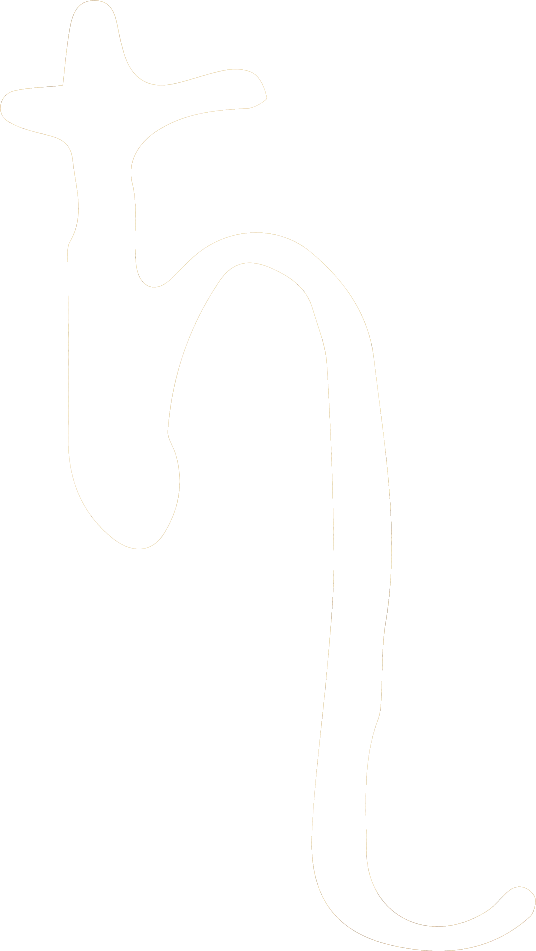
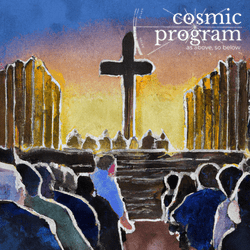

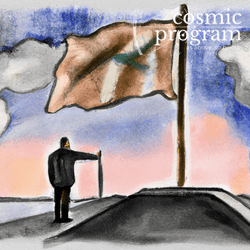





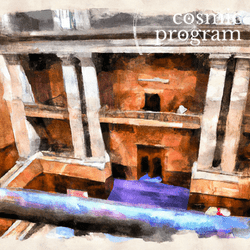
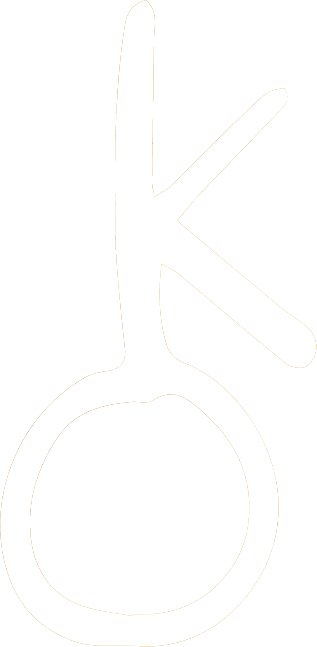
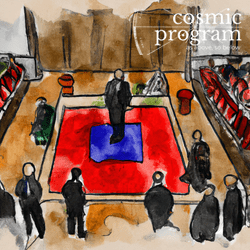

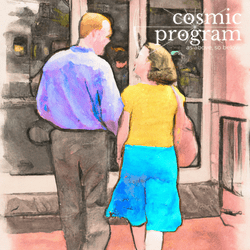




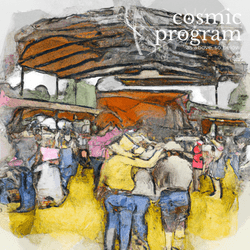

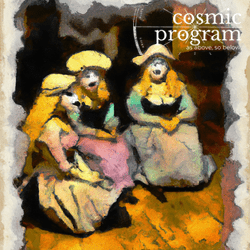

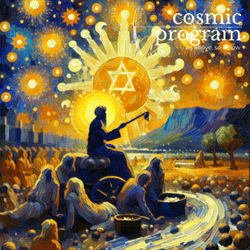
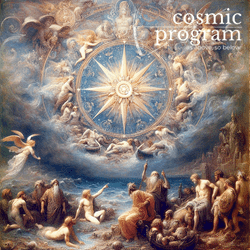
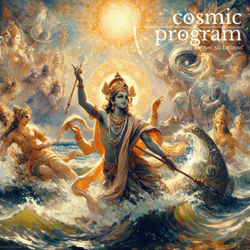
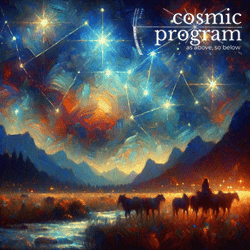
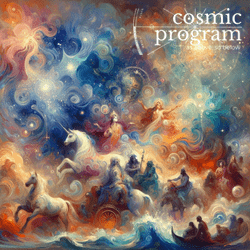
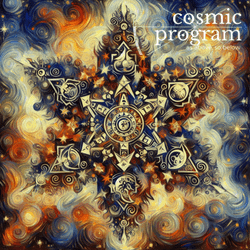
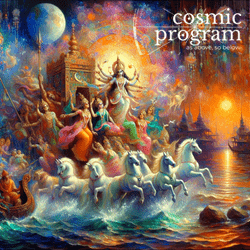
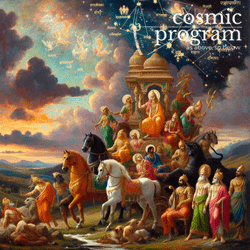
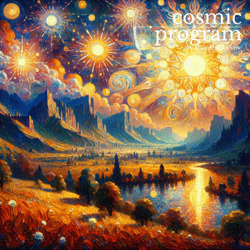
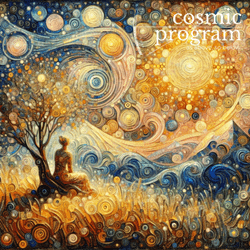
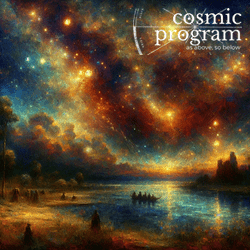
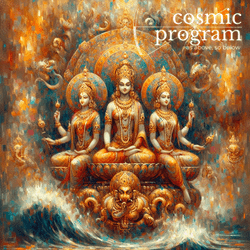
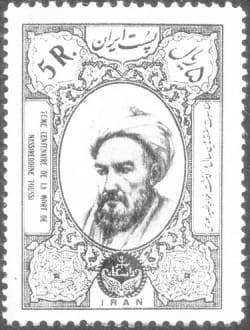
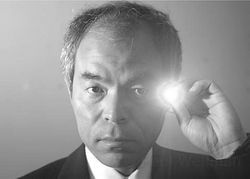
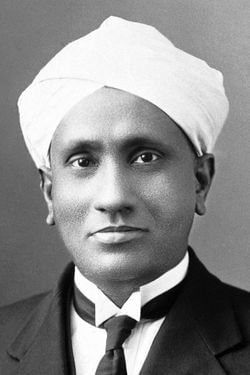
.jpg?bossToken=b7ba8ccfb0939f35b08dbd86bb845abcc859a6aea198f006dc24970b29b0f253)
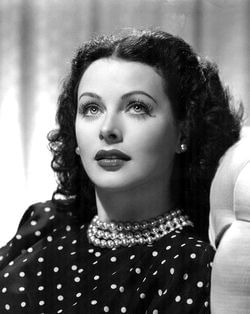
.jpg?bossToken=4eebde943f77412d165b5ad905eafefdc54d473eed2f502dbd6aa9a39f95bead)
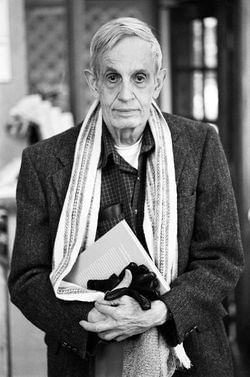
-Portrait-Portr_02303.tif.jpg?bossToken=12933710e7b27a5d434f6172db8e7d83ad642ae582b188270c27463e7a83477c)




